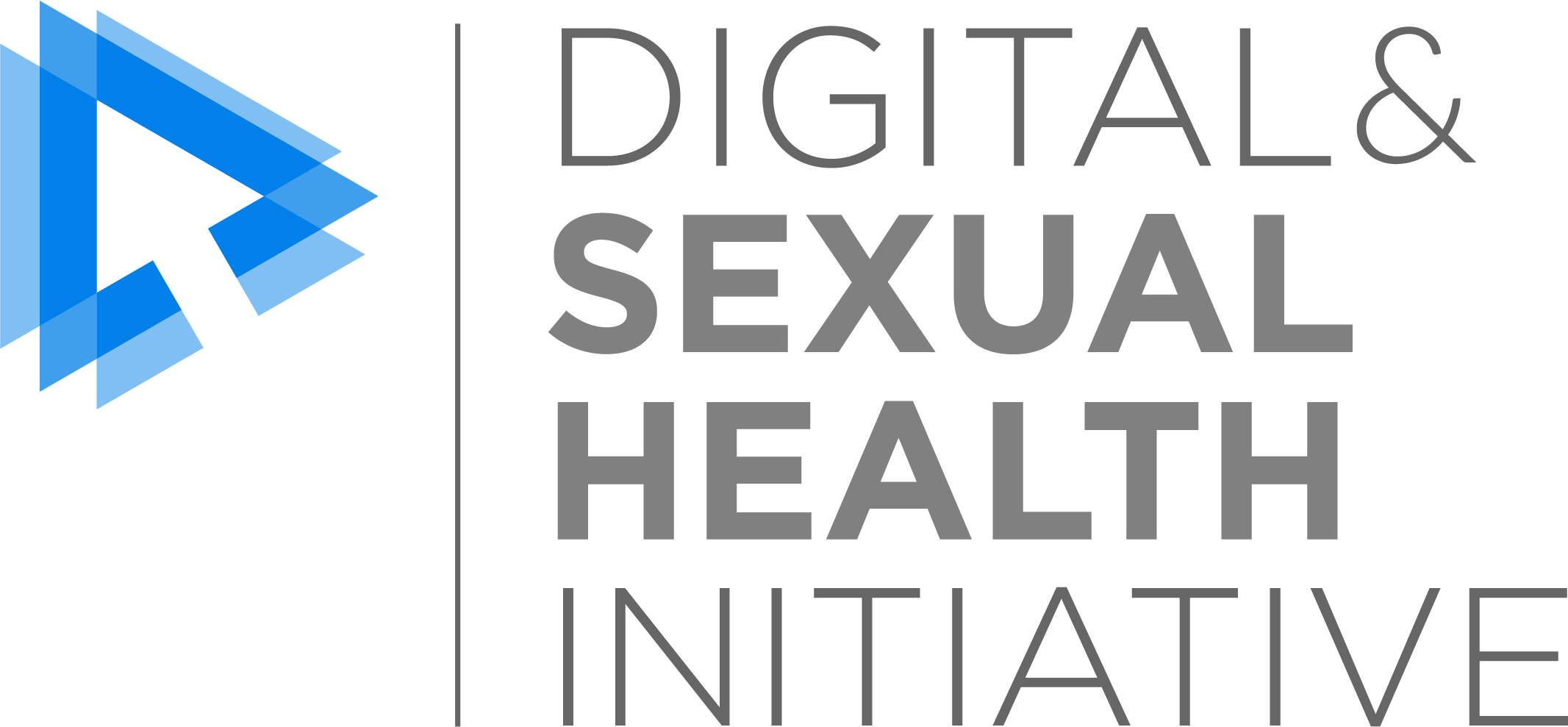Visitor experiences of the SmartSexResource website: User perceptions, e-loyalty and outcomes
Research theme(s)
Health Literacy, Sexual Health Websites
Alexandra Nunn, Devon Haag, Rik Crutzen, Elaine Jones, Derek Kline, Dean Mirau, Anna Carson, Cathy Chabot, JeanShoveller, Gina Ogilvie, Mark Gilbert.
Public Health 2015. Vancouver, BC; May 25-28, 2015.
Background
SmartSexResource (SSR) is a provincial sexual health website run by the BC Centre for Disease Control (BCCDC) that aims to improve sexual health equity by providing local, relevant information.
Objectives
To explore SSR visitors’ experiences of the website with respect to ‘e-loyalty’ (measured by intention to visit again and/or recommend to others), perceived knowledge increase, and intention to change sexual health behaviours.
Methods
Over a four month period, SSR visitors were invited to participate in an online survey that focused on visitor perceptions. Assessment of e-loyalty was based on an existing theoretical framework for online public health interventions.
Results
501 unique visitors responded to the survey invitation. 163 (33%) completed all questions, of which 66% were BC residents, 25% were healthcare providers, and 29% were repeat visitors. E-loyalty was high and user perceptions favorable. After visiting the site, 70% reported that their knowledge increased. The majority of clients reported increased likelihood of having safer sex (58%), and getting tested for HIV and STIs (60%). These three outcomes were significantly associated with higher e-loyalty scores. Perceived knowledge increase differed between repeat visitors compared to first-time visitors (83% vs. 66%, p=0.03). Those who found the site easy to understand were more likely to report increased knowledge (98% vs 79%, p<0.001), intent to have safer sex (97% vs. 80%, p=0.002), and engage in STI testing (96% vs 81%, p=0.006).
Conclusions
The SSR website engenders high e-loyalty, which was associated with increased knowledge and intention of safer sex and testing. E-loyalty may be related to health literacy (ease of understanding health information).
Policy Implications
This study confirms the importance of e-loyalty as a key outcome for evaluating online sexual health interventions and considering health literacy levels of target audiences in their design.
